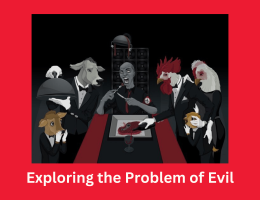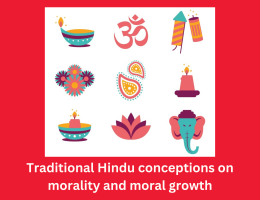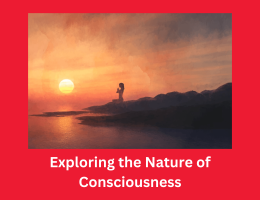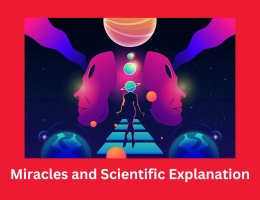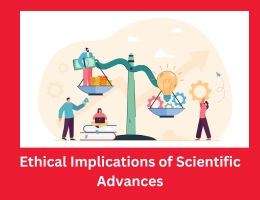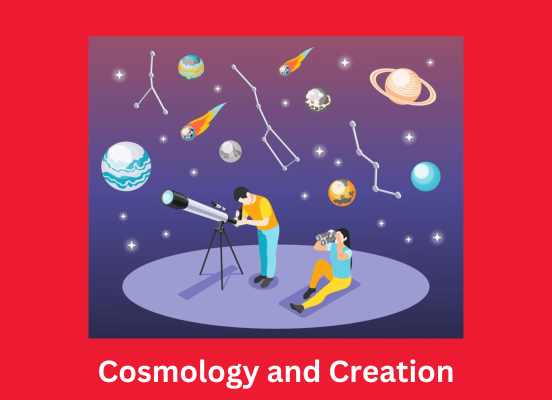
Cosmology and Creation: Exploring the Interplay Between Science and Religion
- By admin --
- Friday, 08 Mar, 2024
Both cosmology and creation are separate however associated fields of have a take a look at that every provide a very unique perspective on the universe's beginnings and nature. Religious introduction memories offer theological elements of existence and the location of a divine writer, even as cosmology explores the scientific have a have a have a look at of the cosmos if you need to recognize its beginnings and evolution. In this lecture, we study the fascinating relationship between secular theories of creation and medical cosmology, especially when it comes to Big Bang theory and its implications for theology.
An important guiding principle in modern cosmology, the Big Bang concept provides a comprehensive framework for understanding the origin and evolution of the universe. According to this theory, the universe began as an incredibly hot and dense singularity about 13.8 billion years ago in the beyond and then suddenly expanded and cooled over time. The Big Bang signifies a pivotal point in the universe's information, implying the origin of space, time, and matter as we know it today.
Numerous clinical measures of cosmic microwave background radiation, light-issue abundance, and the massive-scale structure of the universe all corroborate the Big Bang idea. These observational results strongly support the hypothesis that the universe rapidly expanded from a fully compact nation, starting the process that gave rise to planets, galaxies, and stars.
But the Big Bang principle has some distance-achieving effects that pass beyond astrophysics, raising important queries regarding the ultimate reasons and makeup of the universe. These questions move over into theological discussions about the lifestyles of a divine author and the motive of creation amongst non secular traditions. Many non secular believers find out resonance between the findings of cosmology and their theological understandings of advent, in spite of the reality that interpretations vary extensively amongst numerous faiths.
The concept of a Big Bang is in detail related to theological introduction tales in various non secular traditions, which describe the cosmos as present by an act of cosmic genesis finished with the aid of a divine author. According to those causes, the Big Bang is a scientific depiction of the instant that divine will materializes and starts cosmic history to unfold in accordance with a predestined plan.
Others maintain a more metaphorical interpretation of introduction testimonies yet see the Big Bang as consistent with religious beliefs. Religious books' language is interpreted in those approaches as symbolic or metaphorical, expressing deeper truths about the relationship many of the divine, the natural global, and those. From this angle, non secular memories shed slight on the metaphysical components of life, even as the Big Bang serves as a systematic basis for comprehending the bodily techniques through which the universe paperwork and adjustments.
But there may be conflicts among some theological causes of advent and medical cosmology, especially among those who insist on taking sacred scriptures actually. The notion that the universe started out with a single cosmic event can be incompatible for sure literalist creationists with their conventional perspectives of a young Earth or a strictly sequential advent story. These conditions emphasize the problems in balancing scientific records with fervently held religious ideals via casting doubt on whether or not the Big Bang theory can coexist with spiritual conceptions of introduction.
Similarly, the concept of the Big Bang raises philosophical and theological questions about the nature of causality, the existence of a transcendent creator, and the origins of cosmic order. While scientific cosmology provides empirical explanations for the observable phenomena associated with the Big Bang, it does not necessarily address the underlying metaphysical questions concerning the ultimate origins and purposes of the universe.
These inquiries discover resonance in theological discussions on windfall, divine sovereignty, and the thriller of lifestyles inside religious discourse. The Big Bang increases crucial questions about the character of divine movement, the limits of human comprehension, and the possibility of finding which means inside the extensive sweep of cosmic records, which theologians and philosophers find out compelling while considering the connection among God and the created order.
In conclusion, quite a few viewpoints at the universe's nature and beginnings are provided with the aid of the interaction among scientific cosmology and non secular conceptions of advent. The Big Bang concept offers a convincing medical framework for comprehending the origins of the universe, but its implications cross past astrophysics to religious questions concerning the presence of a supernatural writer and the motive of introduction. The Big Bang encourages us to reflect at the private mysteries of existence and look into the connections among technological know-how, faith, and the search for meaning in human lifestyles, no matter whether it's miles understood because the cosmic genesis or as a metaphorical account of cosmic evolution.

